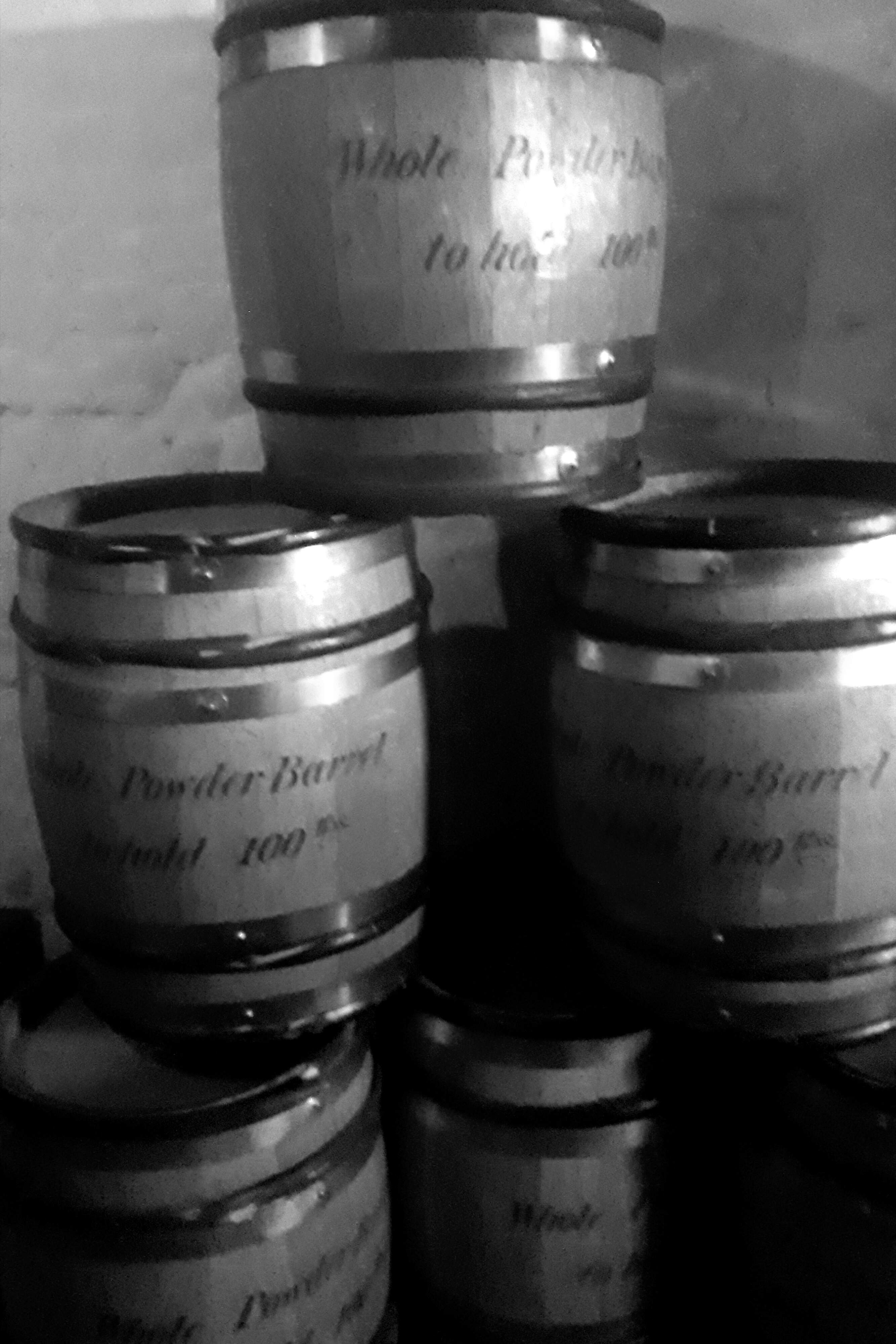High treason was on the agenda back
in 1605 when a small group of angry Catholics hatched a plan to blow King James
I and his parliament to pieces. Representing the majority of English subjects,
their conspiracy was detected. Guy Fawkes was discovered in the cellar ready to
ignite barrels of gunpowder—and we still celebrate him today, on 5th
November, as we light bonfires and send fireworks up into the sky. As we all
know this story, Dave and I would like to share a little twist on events, and
given our love of words, its highly appropriate.
William Shakespeare would have been familiar with the conspirators, who had deep connections with both him and his family. Shakespeare’s father, John and William Catesby (the father of head conspirator Robert Catesby) shared illegal Catholic writings that were found in John’s Stratford home.
Furthermore, Shakespeare himself frequented the Mermaid Tavern in London that was owned by his closest friend and confident. This was the meeting place of the turncoats and where they schemed to obliterate Protestants ‘once and for all’.
While the conspirators awaited their fate and duly suffered the ultimate punishment of being dismembered and beheaded in front of cheering masses, Shakespeare begun piecing together a new masterpiece that would bring together tales of different Scottish kings as he penned a propaganda machine that appeared to clear his name.
Macbeth, his mythical take on history which not only captured the character of James I but also his enjoyment at watching it worked a treat. As with all of Shakespeare’s work, Macbeth was a masterpiece—woven directly into his plot was indeed references to the gunpowder plot itself. Commemorating its discovery, King James I had a medal created picturing a snake hiding among flowers and of course Shakespeare includes this within his play too, Lady Macbeth tells her husband to look like the innocent flower but be the serpent under it. Also, naming a Jesuit priest, Father Henry Garnet, who later confessed and was hanged to perjury, Shakespeare included political ‘spin’ within his work.
Politics doesn’t really change, although the way it’s delivered has—the powerful message within Shakespeare’s work does have a timeless edge to it.
By Donna Siggers and David Last
